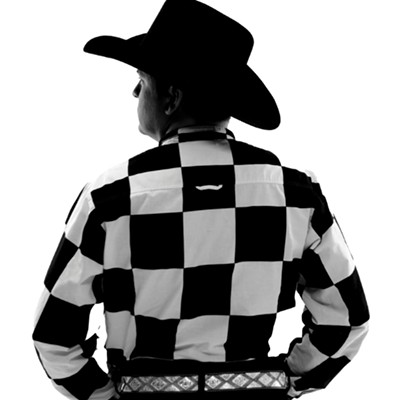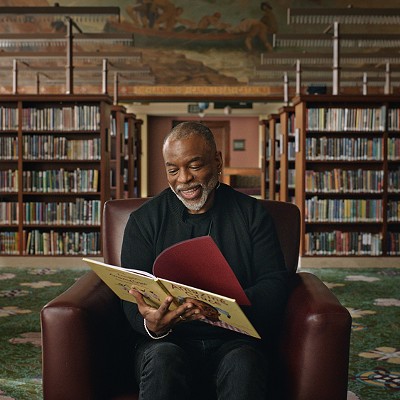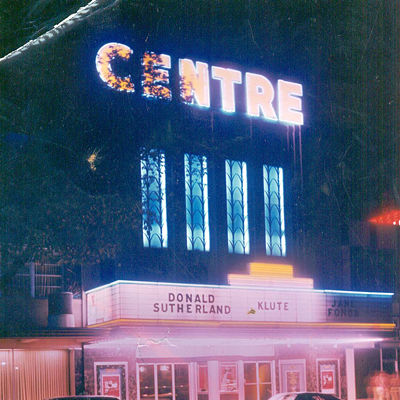Starting today with the Sigur Rós concert film “Inni” and into the Christmas holidays, the Oklahoma City Museum of Art is about to be flooded with documentaries — 10 to be exact. Given the state of documentary film these days, this is a good thing indeed.
In the week to come, two very different works will screen about celebrity — one tragic, one too good to be true ... and yet is.
“Senna,” of course, chronicles autoracing legend Ayrton Senna, the three-time Formula One world champion who, in the 1994 San Marino Grand Prix, was killed when his car collided with the concrete wall. The movie traces his determination to rise to the top in a ridiculously dangerous, no-room-for-error sport, and in particular, the charismatic man’s longtime rivalry with the arrogant Alain Prost.
What director Asif Kapadia does right is begin his movie with archival footage of Senna’s mother worrying about the career on which her son is about to embark: “May God always protect him.” The onboard camera footage of the moments before losing his life, as he makes turn after turn, are unnerving.
Unfortunately, so much of the ESPN Films release feels like watching pieces of old ESPN broadcasts. Those clips — entire sequences, really — outweigh interviews in running time.
“Tabloid,” however, may be the doc to top all year. It’s directed by Academy Award winner Errol Morris, the man who helped revolutionized the documentary by applying constructs of fiction filmmaking to the nonfiction format in “The Thin Blue Line” and “The Fog of War.” Never has his style been quite as playful as it is in this polished gem.
Morris has struck gold in the tale of Joyce McKinney, a former beauty queen who, in 1977, flew to England to surprise her Mormon boyfriend, taking him away from his missionary work and chaining him to a bed for a weekend of “food, fun and sex.” Trouble is, he cried kidnapping and rape, thereby placing her behind bars, on trial and plastered across the front pages of the UK’s dueling newsdailies.
That alone would make for an interesting subject, but against all odds, the story weaves into ever-stranger territory. Just when you think it can’t get any weirder, it does. And does. And does.
Morris is a master at orchestrating the retelling of such a media circus, and in such a deliriously entertaining manner. My only complaint is that, at 87 minutes, “Tabloid” is too short. I easily was so invested in McKinney’s spell, I was primed for another half hour.











